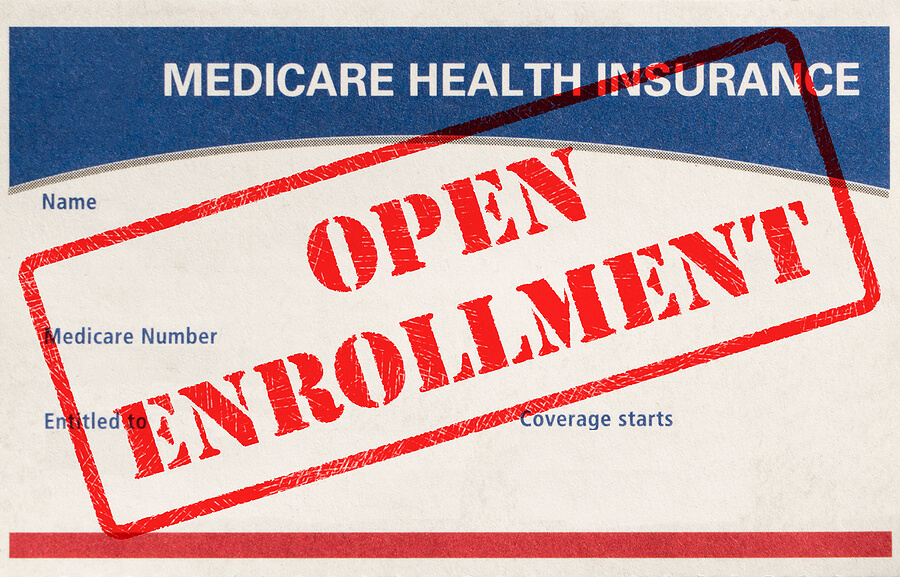Medicare can be complicated and mistakes can be expensive. Knowing the pitfalls in advance can make a big difference for seniors.
Here’s an example of what can go wrong. A 66 year old actor from California enrolled in a Medicare Advantage plan. After receiving a prostate cancer diagnosis last year, he learned the specialists he wanted to see weren’t in his United Healthcare HMO’s limited network. He faced delays getting tests and treatment.
Worse, when he tried to get access to more doctors by switching to traditional Medicare. Worried about the steep out-of-pocket costs, he tried to get a fill-in policy known as a Medigap plan. He was denied because of his diagnosis.
Medicare beneficiaries don’t know they have a right to purchase a Medigap policy only at certain times and if they don’t get them at the correct time, they may not be able to purchase them at a later date.
Medicare’s open enrollment period started October 15 and runs until December 7. This is the time when beneficiaries can pick new plans for next year. This includes traditional Medicare or Medicare Advantage plans, private insurance benefits.
Ads for Medicare Advantage plans promise all kinds of benefits such as dental and vision coverage and generous financial terms. But consumer advocates warn seniors to be careful about the limits of Medicare Advantage plans.
Here are five of the biggest pitfalls:
Medigap or Medicare supplement insurance doesn’t have the same rules as most health insurance. Medigap insurance companies can reject applicants or charge more based on medical conditions. The best time to get Medigap is when you join Medicare, when you have a six-month window and insurers can’t turn you down or charge you more because of your health conditions. There are other “protected window” times, but you might not be able to get a policy outside of those times.
Medicare Advantage plans can have limited access to doctors and hospitals. The plans, especially health maintenance or HMOs, can have limited networks, which means you can’t go to the doctors or hospitals you want. As for the directories of in-network doctors on the insurance companies’ websites, be careful. They can be wildly inaccurate. Call the insurer and be specific about what plan you are discussing and what doctors and hospitals you want.
Medicare Advantage plans can sometimes delay or block access to treatment. This is downright frightening. A recent government investigation found beneficiaries were denied services that should have been covered. You may need to get approval from the insurer before getting surgery, or a referral from a primary care doctor before you can see a specialist. When seniors start using the more expensive care, this is when the limitations of the Medicare Advantage plans become evident.
Will your drug coverage be sufficient? Drug coverage can come in through a stand-alone Part D plan, or part of your Medicare Advantage plan. This is something you’ll want to review every year. You may also want to go to the insurer’s website to look at restrictions on access.
Is the advice you’re getting legitimate? Ads selling Medicare Advantage programs can be deceptive, featuring Medicare card photos and a toll-free hotline that may look official but isn’t the federal government’s office. Be careful, as websites are often tied to particular insurance companies or insurance agencies incentivized to promote certain plans, regardless of whether they are the right fit for you.
Call us if you have questions. Every year we prepare a guide to Medicare that answers many questions about Medicare and how to determine the best plan for you. You can pick it up at the office, or we can send it to you by email. We aren’t selling anything – we understand how confusing Medicare can be, and we’re here to help.
Reference: The Wall Street Journal (Oct. 15, 2023) “The Big Mistakes People Make in Medicare—and How to Avoid Them”

